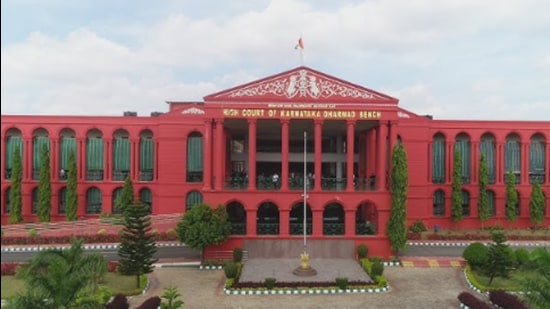970x125
BENGALURU: The Karnataka high court on Tuesday stayed the state government from enforcing its controversial order restricting gatherings of more than 10 people in public or government-owned spaces, including parks, playgrounds, and roads.
970x125
This government order (GO) was “prima facie, a clear violation of citizens’ fundamental rights” guaranteed under the Constitution and could not be allowed to continue to operate, said justice M Nagaprasanna of the high court’s Dharawad bench.
The court made it clear that the government could not bypass legislative processes to impose restrictions through administrative orders and stayed the order’s operation as an interim measure. The state government has been told to file its response to the petition. The bench is expected to take up the case next on November 17.
Justice Nagaprasanna said that the state government was perhaps “trying to achieve something else” through such an order.
The government order this month introduced a sweeping set of regulatory measures aimed at tightening control over the use of public and government-owned spaces, amid a continuing row between the Siddharamaiah-led Congress government and the Rashtriya Swayamsewak Sangh (RSS) and would require the group to seek government approvals for its route marches and meetings.
The government order, issued on October 18, by the state’s home department, declared that any congregation of 10 or more people in public places — including parks, playgrounds, lakes, other water bodies and roads — will be treated as an “unlawful assembly” punishable under the Bharatiya Nyaya Sanhita (BNS).
At the time, the government said the directive was aimed at only preventing “trespass” in public premises and maintaining law and order. The order closely followed the IT minister Priyank Kharge demand seeking a prohibition on RSS events on government and public property.
The high court’s interim stay on the operation of the government order came on a petition filed by a Hubballi-based NGO, Punashchetana Seva Samsthe, that asked the court to quash the order.
Appearing for the petitioner, senior advocate Ashok Haranahalli argued that the government lacked authority to curtail constitutional rights by executive order.
“This entire issue is already covered under the Karnataka Police Act. The police have discretion under Section 31 of the Act to regulate public conduct. This includes rallies or gatherings. How can the State dictate when the police must register an FIR? What if I am just walking with friends in a park or attending a laughter club? Does that become an unlawful assembly now?” Harnahalli told the court.
During the hearing, Justice Nagaprasanna asked the state government which department had issued the GO. When told that it was the home department, the judge observed, “The home department? Why, when the Police Act is there. You wanted to achieve something else?”
In his order, Justice Nagaprasanna said the executive order encroached on an area already covered by the Karnataka Police Act.
“With this Act being in place already, the government order has sprung up. Prima facie, the order takes away rights conferred under Chapter 3 of the Constitution i.e. right to freedom of speech, expression, and assembly under Articles 19(1)(a) and (b). It is a trite law that a right conferred under the Constitution can be taken away only by law, not by a government order. If this order is left to stay, it would violate Article 13(2) of the Constitution, which prohibits the State from making any law that takes away or abridges fundamental rights,” the court said, observing that such an order could not be permitted to operate for now.
970x125

